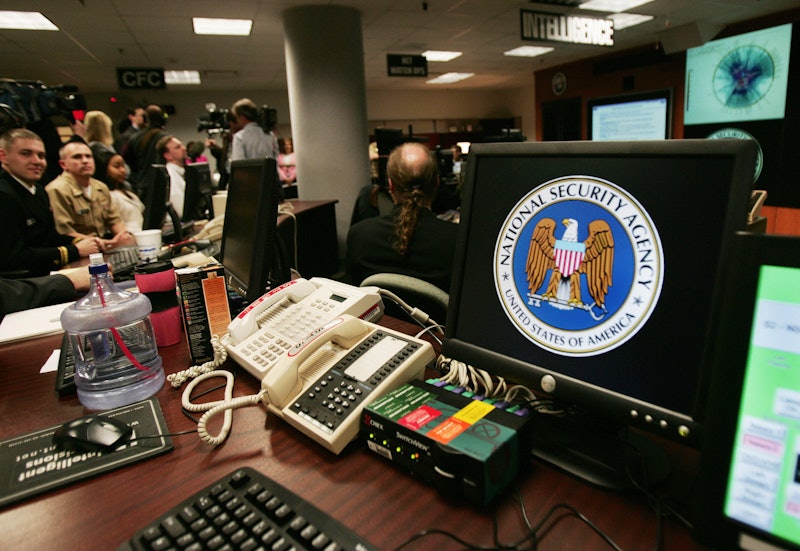News
What's Next For The NSA?
As a June 1 deadline for renewing the program approaches, a federal appeals court ruled on Thursday that bulk collection of phone records by the NSA is illegal, according to The New York Times. The U.S. Court of Appeals for the Second Circuit found that the famed Section 215 of the Patriot Act does not permit the government to collect calling records without a specific purpose. The ruling states that the "telephone metadata program exceeds the scope of what Congress has authorized," and claims the government is storing the data to be searched at a later point in time, which is not permitted under the law, NBC News reported.
"Such expansive development of government repositories of formerly private records would be an unprecedented contraction of the privacy expectations of all Americans," the 97-page ruling states.
However, the court did not issue an injunction on Thursday that would compel the NSA to stop the data collection, instead sending the matter back to a lower court, the Times reported. It's not clear at this point if anything else will happen in the courts before the provision's June 1 expiration date, according to the Times. That means it will be up to Congress to decide whether to extend the bulk collection program, replace it, or allow it to end.
Senate Majority Leader Mitch McConnell has said he wants to renew the data collection program without changes, according to the Times, and on Thursday he spoke out angrily on the Senate floor about attempts to alter the law. "Section 215 helps us find a needle in the haystack," McConnell said. "But under the USA Freedom Act, there might not be a haystack at all."
The USA Freedom Act is the working title of a piece of legislation working its way through the House of Representatives, which would alter the Patriot Act and end bulk collection of phone records by the government. According to the Times, under the proposed new rules, the NSA could still examine phone data to try to uncover terrorist activity, but the agency would not retain the calling data. Instead, the individual phone companies would keep the bulk records for up to 18 months, as opposed to five years, as the current rules allow. A similar piece of legislation has support in the Senate, despite McConnell's position, the Times reported.
For its part, the American Civil Liberties Union, one of the plaintiffs in the case, praised the court's ruling. "This decision is a resounding victory for the rule of law,” ACLU attorney Alex Abdo said in a statement on the organization's website. "The court rightly rejected the government’s theory that it may stockpile information on all of us in case that information proves useful in the future."
Images: Getty Images (2)
